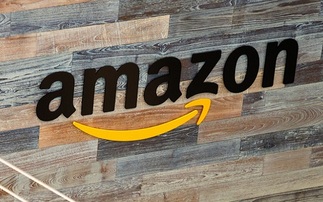Rollout of contactless card technology going slowly as major high-street players hesitate
Barclays is taking a lead in contactless payments Plans for a widespread system for cashless payments to be in place in time for the 2012 Olympic Games are likely to be thwarted by retailers’ hes...
To continue reading this article...
Join Computing
- Unlimited access to real-time news, analysis and opinion from the technology industry
- Receive important and breaking news in our daily newsletter
- Be the first to hear about our events and awards programmes
- Join live member only interviews with IT leaders at the ‘IT Lounge’; your chance to ask your burning tech questions and have them answered
- Access to the Computing Delta hub providing market intelligence and research
- Receive our members-only newsletter with exclusive opinion pieces from senior IT Leaders




















